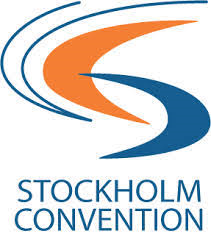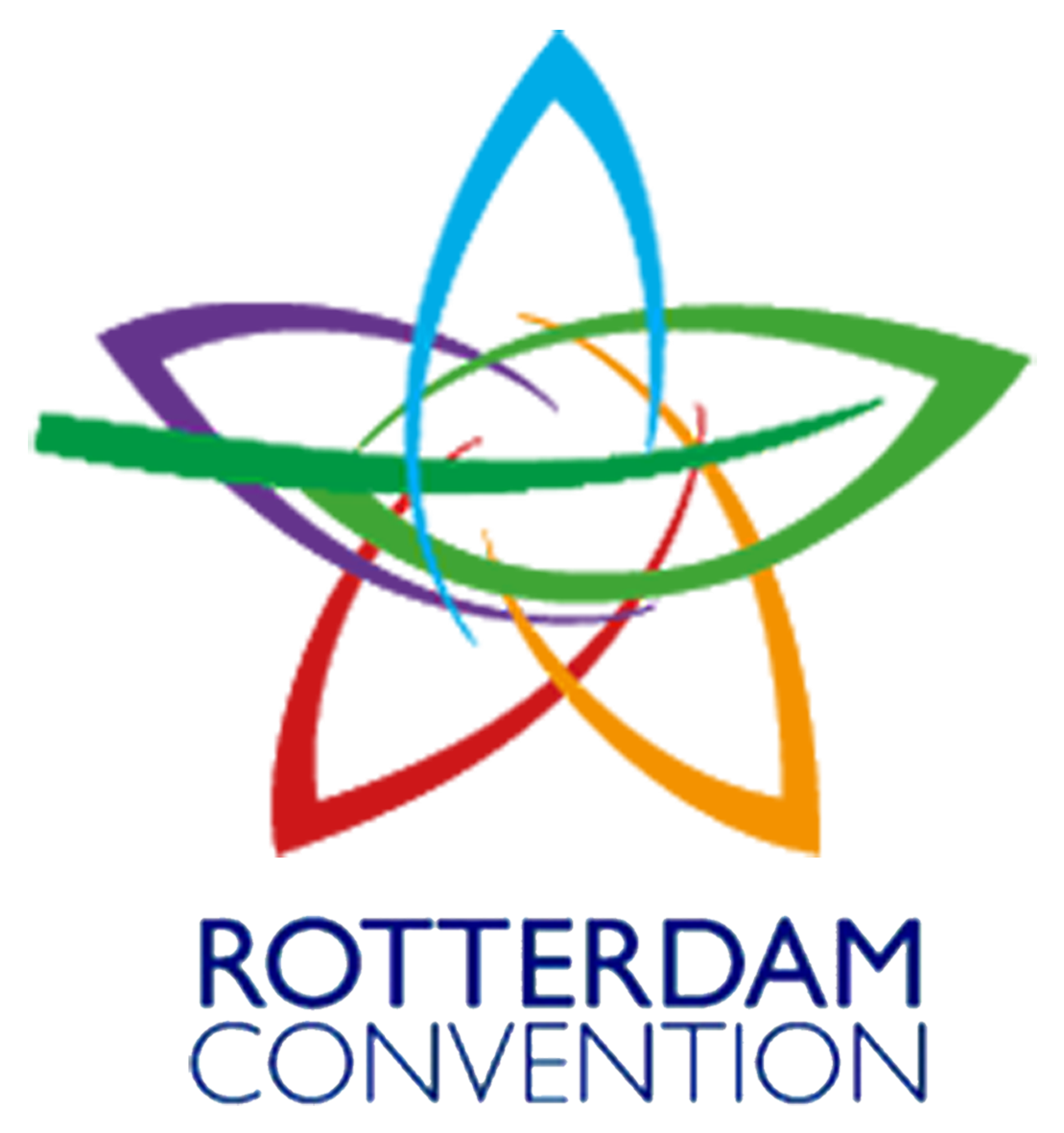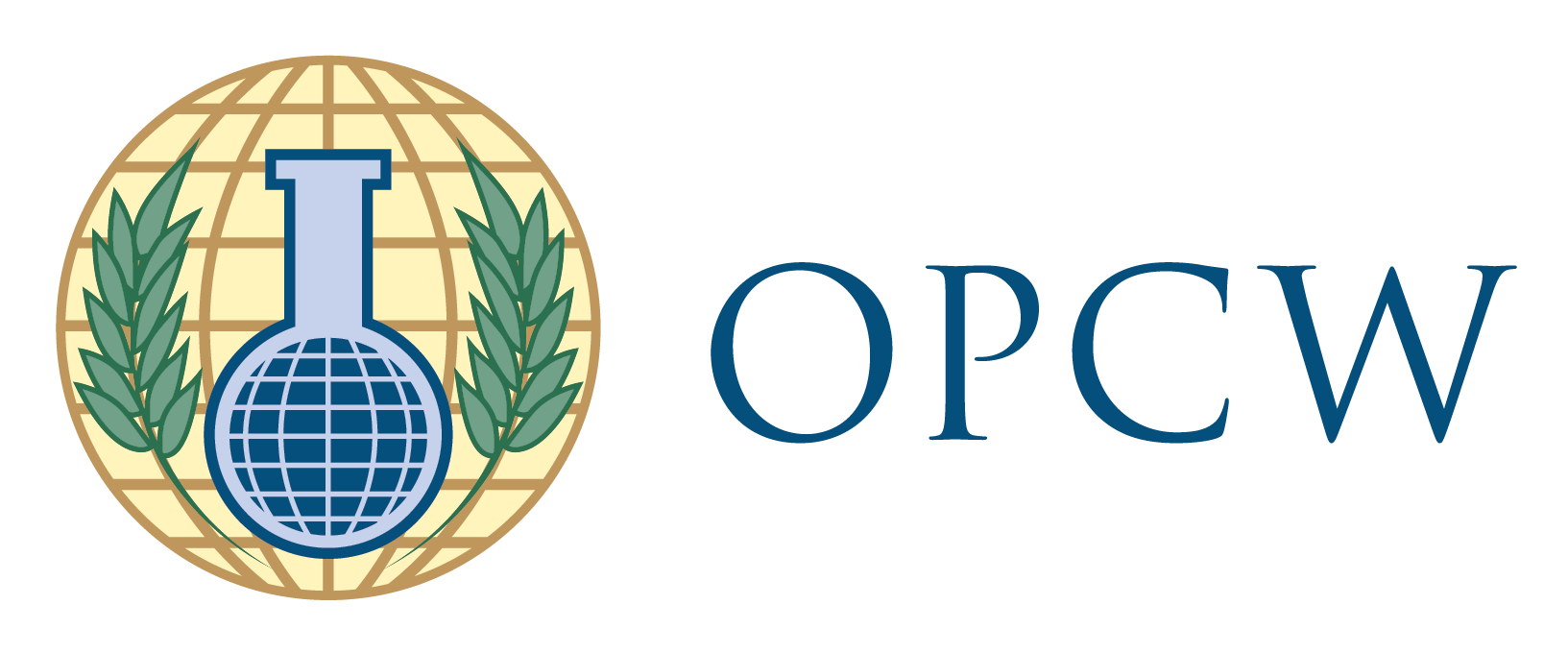
The Stockholm Convention on Persistent Organic Pollutants (POPs)
The Stockholm Convention on Persistent Organic Pollutants (POPs) works to promote shared responsibilities in relation to importation of hazardous chemicals, specifically persistent organic pollutants (POPs). The convention regulates the movements of POPs and provides emergency assistance to member States to estimate damages that have or may occur. The Convention also… Read More




